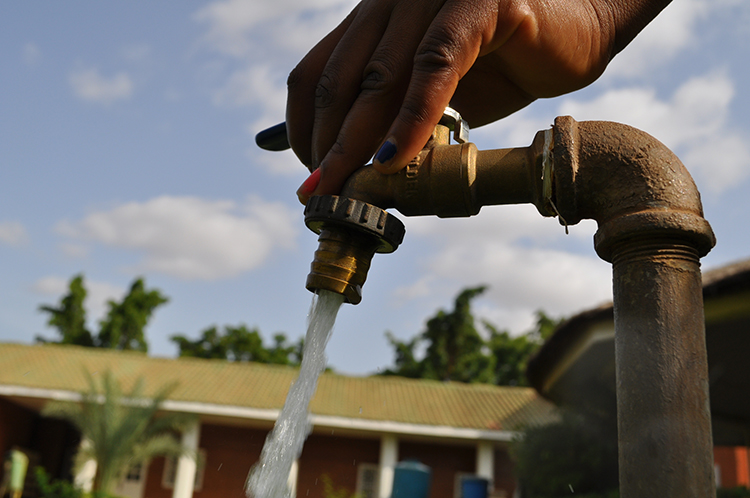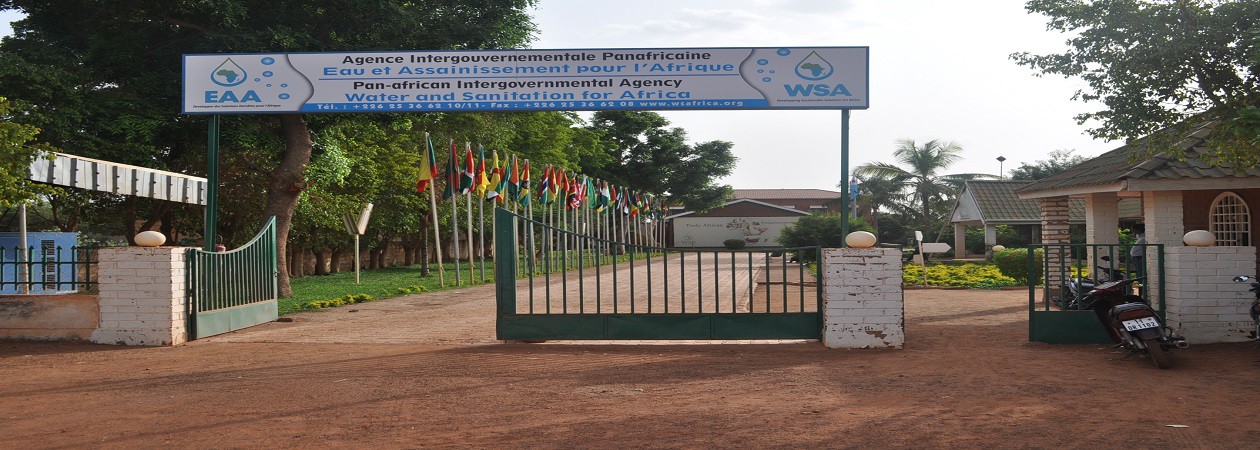Water is life, as we are in the habit of saying. But we must learn to say water is employment also. In choosing the Water and employment theme for this year World Water Day (WWD), the international community has sought to capitalize on benefits related to investments in the water sector, that is to say the role of water in the creation and support of quality jobs. Very appropriately, the United Nations have expressed that water is crucial to growth and job creation; an assertion WSA is sharing
In its 2016 Global Report on the development of water resources, the UN notes that "Three-quarters of jobs worldwide depend on water." From extraction until the return to nature, passing through its various uses, water is a key factor in job-creation whether it is jobs directly linked to the resource management (water supply, infrastructures, wastewater treatment, ...) or jobs in water-demanding economic sectors such as agriculture, fisheries, energy, industry and health. Furthermore, the access to a safe water source and sanitation promotes an educated and healthy workforce, an essential growth factor. Also, a positive correlation between investment in the water sector and economic growth has been confirmed, as well as a clear evidence of the leading role of water in the transition to green economy.
Once this role of water recognized, it only makes sense to infer that shortages and issues of access to water millions of people still face may limit economic growth in the coming years. The Panafrican intergovernmental agency Water and Sanitation for Africa (WSA) had long anticipated such probability by developing, in its new vision, a comprehensive and integrated approach to water issues involving the private sector responsibility, called building the private sector involvement in the financing of the water sector.
This day of March 22, dedicated to water, affords us an opportunity to urge all relevant stakeholders (Governments, sector NGOs , TFPs, etc.) to adopt the development of private financing mechanisms as a new strategy for resolving still-remaining major challenges in the water sector.
The approach we are advocating, and which links water-sanitation to agriculture and to energy, creates a value chain whose operation encompasses the involvement of stakeholders from various levels and leads to the creation of new trades. Such approach is a clear opportunity for job creation as Small and Medium Enterprises (SMEs) are created to act at every stage along the value chain. Some of these SMEs are building and public works; waste collection as regards to sanitation; social mobilization; and capacity building enterprises
Since the job-creation role of the water sector in developed countries has been demonstrated with actual figures: 340,000 jobs recorded in France in 2012; what then can be said of developing countries where there are more opportunities with much more promising potentials. To reap potentials benefits, we must succeed in creating a favorable business environment to attract local private investors who will, in turn, finance SMEs which are the main employment providers. This task falls within the responsibility of NGOs and institutions in the sector, but especially commits States to take all necessary institutional, legal, and fiscal measures to reassure private investors. Each stakeholder should, at his level of responsibility, rethink its strategy so that water is truly a job-creating sector as put forward by the WWD-theme.
Taps giving potable water









